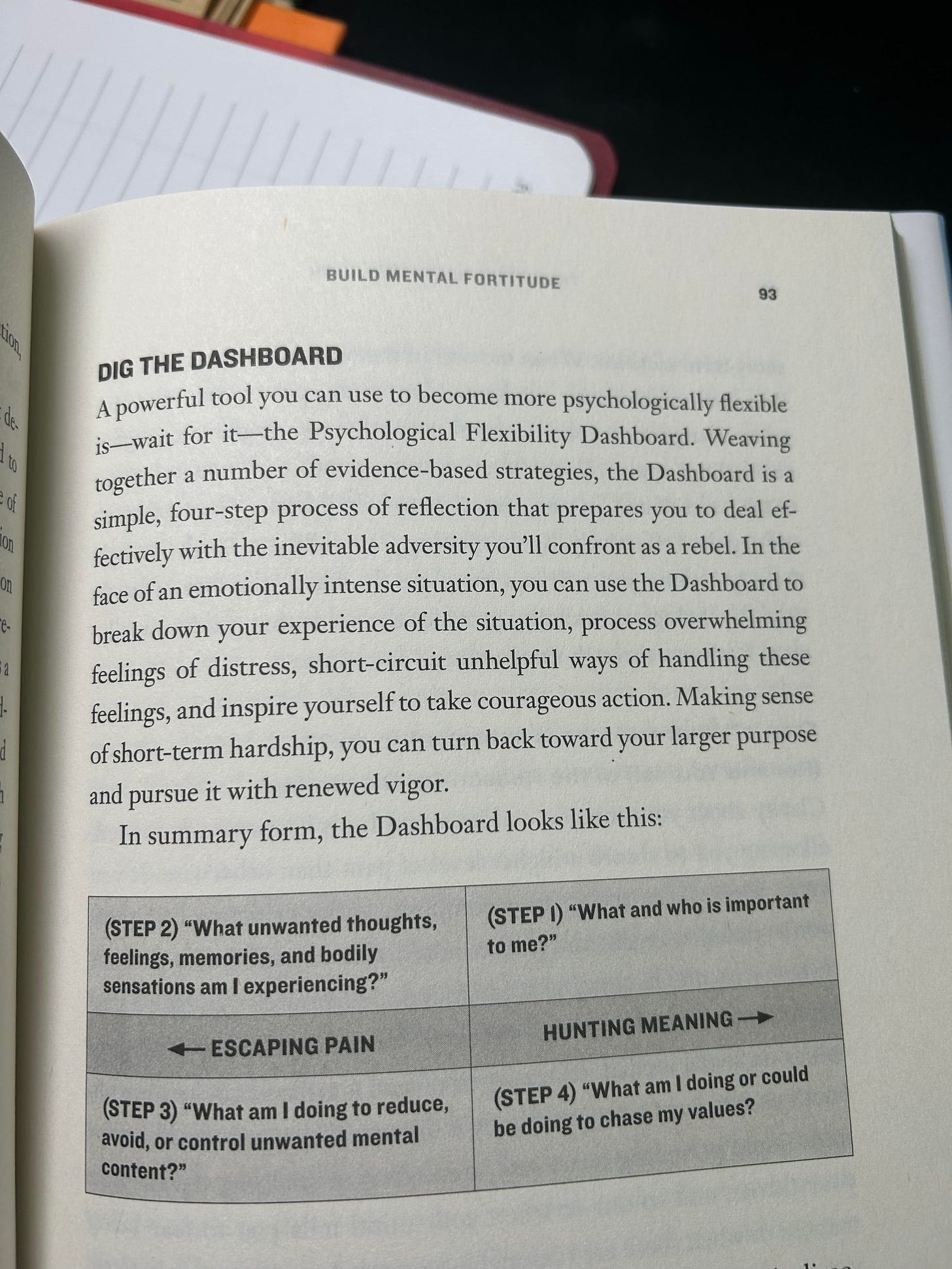If this is your first Provoked newsletter issue, learn more - here
Since teaching college classes on the science of well-being in the 1990’s, I am often asked for conversations and consultations. Wide-ranging requests enter my sphere from joining the advisory board to design a happiness smartphone app, board game, government initiative to alleviate loneliness, workplace well-being training program, elementary school curriculum, and so on.
Some of these requests are incredible and I’m honored to be asked. Others are sketchy, akin to aggressively distracting strangers to support a petition while other gang members steal their wallets1.
A well-being juggernaut exists, much of which is far removed from the scientific evidence. Because of the sheer number of opportunities, I had to invent a rubric for deciding what to pursue. I am not alone in the tyranny of choices available. By unearthing my own decision-making criteria, you might be able to derive your own.
Avoid the Overly Simplistic
Derek Sivers and Mark Manson offer pithy frameworks for making decisions when overwhelmed:
If you feel anything less than “hell yeah!” about something, say no.
But this doesn’t work for me. It’s too crude. Because what matters is what exactly you are excited about, concerned about, believe that you have the energy to pursue, and ability to derive new paths when faced with a jam. As a result, I moved away from this overly simplistic approach to something more personally potent.
My Big Five Criteria
I derived five criteria for any request. If these five are met, I will say hell freaking yes to an opportunity. The less that emerge when I visualize myself three months from now, the more likely I will decline. As someone is talking to me or when reading an email, I start ticking off one finger at a time on what matters most:
Autonomy.
Creativity.
Impact.
Money.
Friends.
Each of the five criteria has an accompanying set of questions:
Will I be given sufficient freedom to think, act, and develop ideas?
How novel/unique/original is this opportunity?2
If everything works exactly as planned, how will this benefit others?
Will I be properly compensated to hustle on top of my primary job, family, friends, and dedicate significant time and energy?
Will I be able to spend more time in the company of people I most enjoy being around?
Coda
Be aware that we have limited energy and time in any given week.
When you say yes to something you are saying no to a host of alternative activities (e.g., adopting an alpaca, learning to play the satyr, using a smoker for multiple hours for the perfect beef brisket). That is, there are always trade-offs. If you don’t see it, run the opportunity past your wise counsel and ask them for insight on what you’re missing.
Feel free to steal mine. Modify as desired. Find your own. Just keep it simple so that every time there is an ask, you can clarify the roadmap. Read Chapter 6 of The Art of Insubordination, “Build Mental Fortitude” for a range of exercises to clarify what matters:
And I should tell you that I always ask for 24-48 hours to make a decision. I just tell them that this ensures that I ask the best questions and if I’m in, I am fully committed. What you will find is that people will respect you more (not less) by asking for this window to let your curious mental visualizations of the future go wild.
Leave a comment with your own unique sonic joys. If you enjoyed this, please use the link and share! Or click the heart button (always appreciated). Leave suggestions, constructive criticisms, and dare I say, a few positive words. Leave comments here or on LinkedIn or Instagram or Twitter.
Read Past Issues Here Including:
The Sounds of Happiness
If this is your first Provoked newsletter issue, learn more - here As someone dedicated to the craft of expressing emotions, thoughts, and mental simulations in words there are times when it’s hard. Another sensory modality often dominates: The feel of seaweed tangled around my leg.
Ask me about scams and we can trade stories of how much money I’ve lost, how I barely escaped a few, and those that I laughed at. Some scammers are simply exceptional nd found their calling.
The last thing the world needs right now is another book on the importance of being mindful or the need for a growth mindset.






As an ADHDer (newly diagnosed at 58) I LOVE this! I'm utterly fascinated by novelty, fail to remember that I'm not 25 any more and in a full-time job, and want to do All The Things!
The most useful strategy for me is the last thing you said: give me 48 hours to consider it. I'm inclined to think I'll never get this sort of opportunity again, over-commit, do less well than I want to, and get burned out. Stop. Breathe. Focus.... then decide.
I really enjoyed your getting it done guidelines. When I sat down and thought about what my priorities were, my first thought was go with your gut. I added that for my list probably after your number five. What I like most about your post was saying you waited a day or two before making a decision. Thanks so much!